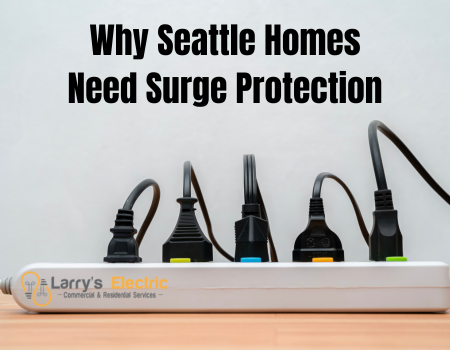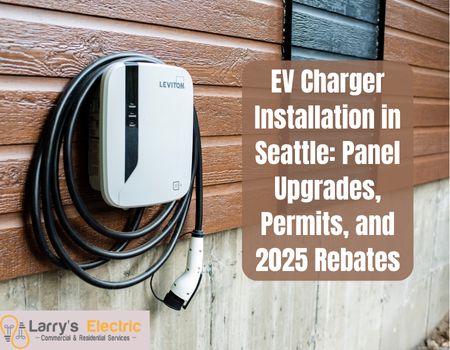Electricity is an essential part of modern life, powering everything from appliances to lighting and entertainment systems. However, improper use or faulty electrical systems can pose serious hazards, including fires, shocks, and damage to property. As a homeowner, understanding and practicing electrical safety is crucial for protecting your home and family.
Tips for Electrical Safety
1. Avoid Overloading Circuits
Overloading electrical circuits by plugging too many devices into one outlet can lead to overheating and potential fires. To prevent this:
- Distribute electrical devices across multiple outlets.
- Use power strips with built-in surge protectors.
- Be aware of the wattage capacity of circuits in your home.
If you frequently experience tripped breakers, it may be a sign that your home’s electrical system needs an upgrade.
2. Check Electrical Cords Regularly
Damaged or frayed electrical cords can cause electric shocks or fires. Inspect cords frequently for signs of wear, such as:
- Cracks or exposed wires
- Loose or bent prongs
- Signs of overheating, like melted plastic
Replace any damaged cords immediately, and avoid using extension cords as permanent solutions.
3. Use GFCI Outlets in Wet Areas
Ground Fault Circuit Interrupter (GFCI) outlets are designed to shut off power when they detect electrical faults, reducing the risk of electrocution. These should be installed in areas prone to moisture, such as:
- Kitchens
- Bathrooms
- Garages
- Outdoor spaces
Test GFCI outlets regularly by pressing the “test” button to ensure they are functioning properly.
4. Keep Electrical Devices Away from Water
Water and electricity do not mix. To prevent shocks and electrical fires:
- Keep electrical appliances away from sinks, bathtubs, and swimming pools.
- Never touch electrical switches or devices with wet hands.
- Use waterproof covers for outdoor electrical outlets.
5. Childproof Electrical Outlets
If you have young children at home, take steps to childproof electrical outlets and cords to prevent accidents. Use:
- Tamper-resistant outlets that prevent children from inserting objects.
- Safety plugs or outlet covers on unused outlets.
- Cord organizers to keep wires out of reach.
6. Unplug Appliances When Not in Use
Leaving appliances plugged in unnecessarily increases the risk of power surges and energy waste. Unplug small appliances like toasters, coffee makers, and phone chargers when they’re not being used. This simple habit:
- Reduces the risk of electrical fires.
- Saves energy and lowers electricity bills.
7. Be Cautious with Space Heaters and Extension Cords
Space heaters and extension cords are common fire hazards if used improperly. To stay safe:
- Keep space heaters at least three feet away from flammable materials.
- Never plug space heaters or major appliances into extension cords.
- Use heavy-duty extension cords rated for the intended electrical load.
8. Know the Warning Signs of Electrical Problems
Electrical issues often show warning signs before becoming dangerous. Pay attention to:
- Flickering or dimming lights.
- Burning smells from outlets or electrical panels.
- Frequent tripped breakers or blown fuses.
- Warm or discolored outlets.
If you notice any of these signs, contact a licensed electrician immediately to inspect and fix the issue.
9. Schedule Regular Electrical Inspections
Regular inspections by a qualified electrician help identify potential hazards and ensure your home’s electrical system is up to code which can be a great way to ensure that you are on top of electrical safety. Consider an inspection if:
- You’re planning major renovations.
- You frequently experience electrical problems.
Electrical safety should be a priority for every homeowner. By following these tips, you can reduce the risk of electrical hazards and create a safer living environment for you and your family. If you’re ever unsure about an electrical issue, it’s always best to consult a professional electrician rather than attempting DIY repairs, this is a great way to keep electrical safety in mind!









